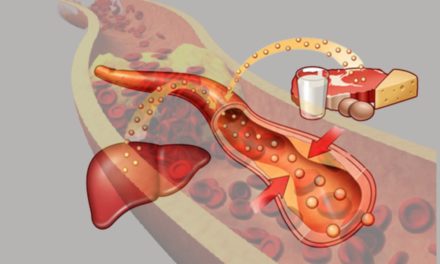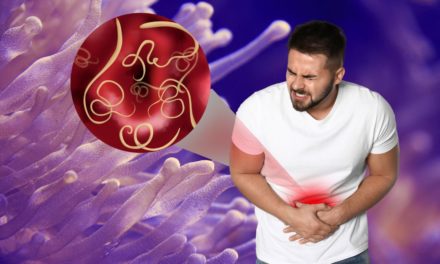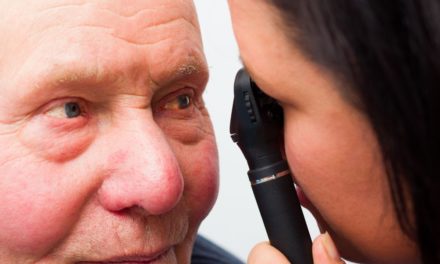Introduction:
Loss of appetite, medically known as anorexia or loss of appetite, is a condition where individuals have a reduced desire or interest in food. Although occasional fluctuations in appetite are normal, persistent or severe loss of appetite can be a cause for concern. This common symptom can be triggered by a variety of factors, from physical to psychological effects. In this comprehensive article, we examine the world of poor appetite, its possible causes, health effects, and practical coping strategies to promote better nutrition and overall health.
Signs of lack of appetite:
Loss of appetite can manifest in a number of ways, including:
- Feeling full quickly while eating
- Loss of interest in eating
- Unintentional weight loss
- Skipping regular meals
- Lack of enjoyment in eating
- General disinterest in food-related activities
Common causes of loss of appetite:
- Illness or infection: Various acute and chronic medical conditions, such as infections, gastrointestinal disorders, and chronic diseases, can suppress appetite.
- Emotional factors: Stress, anxiety, depression, grief, and emotional trauma can affect appetite significantly.
- Medications: Some medications can have appetite suppressant side effects.
- Hormonal changes: Fluctuations in hormones, especially during pregnancy or menopause, can affect appetite.
- Aging: Older adults may experience decreased appetite due to changes in metabolism and taste perception.
- Eating disorders: Conditions such as anorexia nervosa or bulimia can lead to a severe loss of appetite.
Impact of lack of appetite on health:
A persistent lack of appetite can have negative effects on a person’s health and well-being, resulting in:
- Malnutrition: Inadequate intake of food can result in malnutrition, affecting overall health.
- Weight loss and muscle loss: Loss of appetite can lead to unintentional weight loss and loss of muscle mass.
- Weakened immune system: Poor nutrition can weaken the immune system, making individuals more susceptible to infections.
- Fatigue and weakness: A reduction in caloric intake can lead to decreased energy levels and overall weakness.
Strategies to Cope with Loss of Appetite:
- Smaller, more frequent meals: Choose smaller, more frequent meals to make meals less heavy.
- Nutrient-dense foods: Choose nutrient-dense foods to ensure adequate nutrition with small portions.
- Stay hydrated: Drink fluids throughout the day to prevent dehydration and maintain energy levels.
- Establish mealtime routines: Establish a regular mealtime schedule to develop eating habits.
- Light physical activity: Light exercise to stimulate appetite, such as walking.
- Get emotional support: Address emotional factors through counseling or support groups.
- Food Variety: Add a variety of foods to make meals more enjoyable.
When to seek professional help:
If loss of appetite persists, is accompanied by other associated symptoms, or causes significant weight loss, it is important to seek medical advice. A health care professional can identify any underlying health problems and recommend appropriate interventions.
Result:
Loss of appetite is a common symptom that can have a variety of physical and emotional causes. Understanding its potential triggers and health effects is essential to identifying and addressing the root cause. By adopting coping strategies to promote nutrition and seeking professional help when needed, individuals can improve their appetite and overall health. A balanced diet, emotional support, and appropriate medical care can play an important role in restoring a healthy appetite and ensuring a full and nutritious life.










